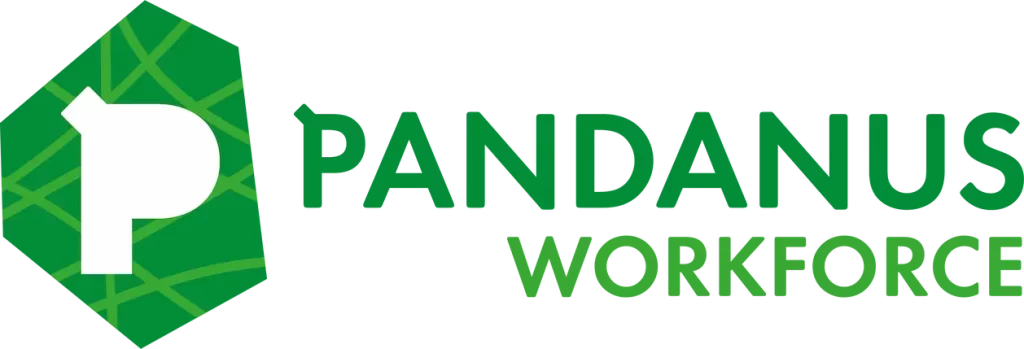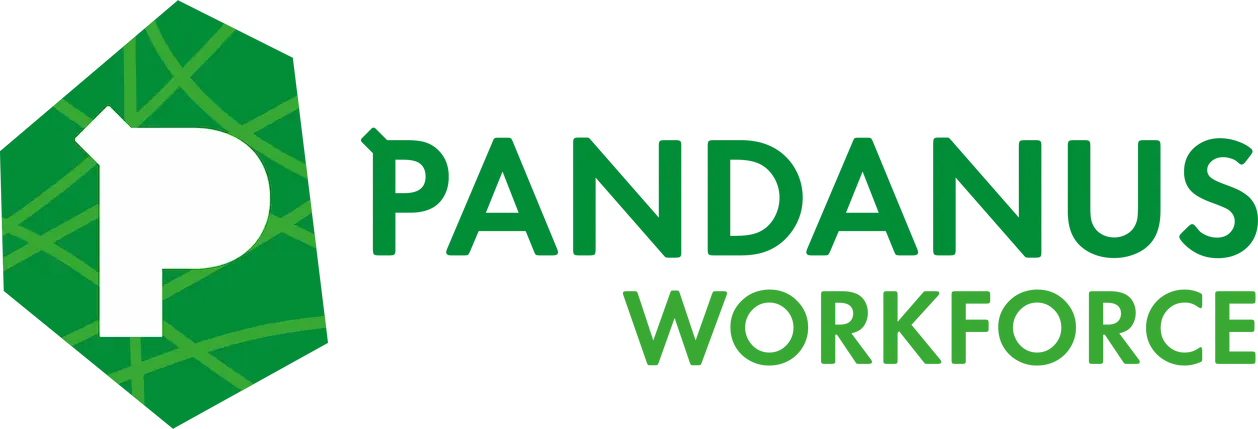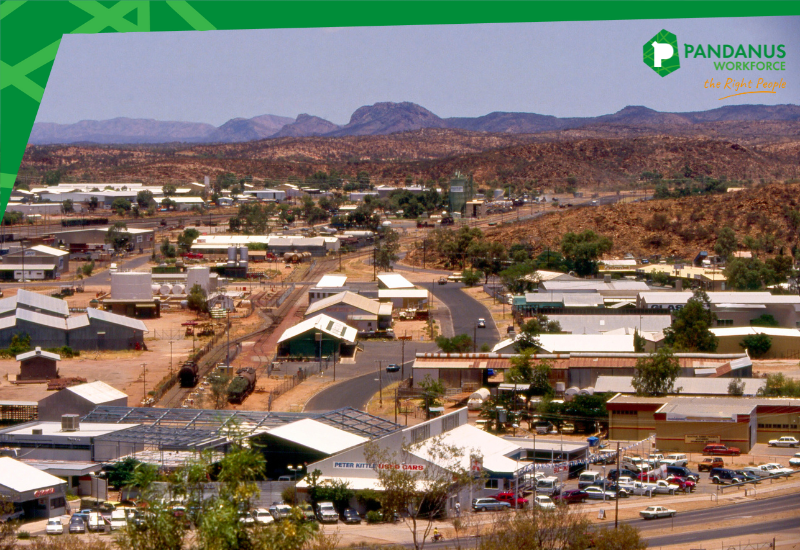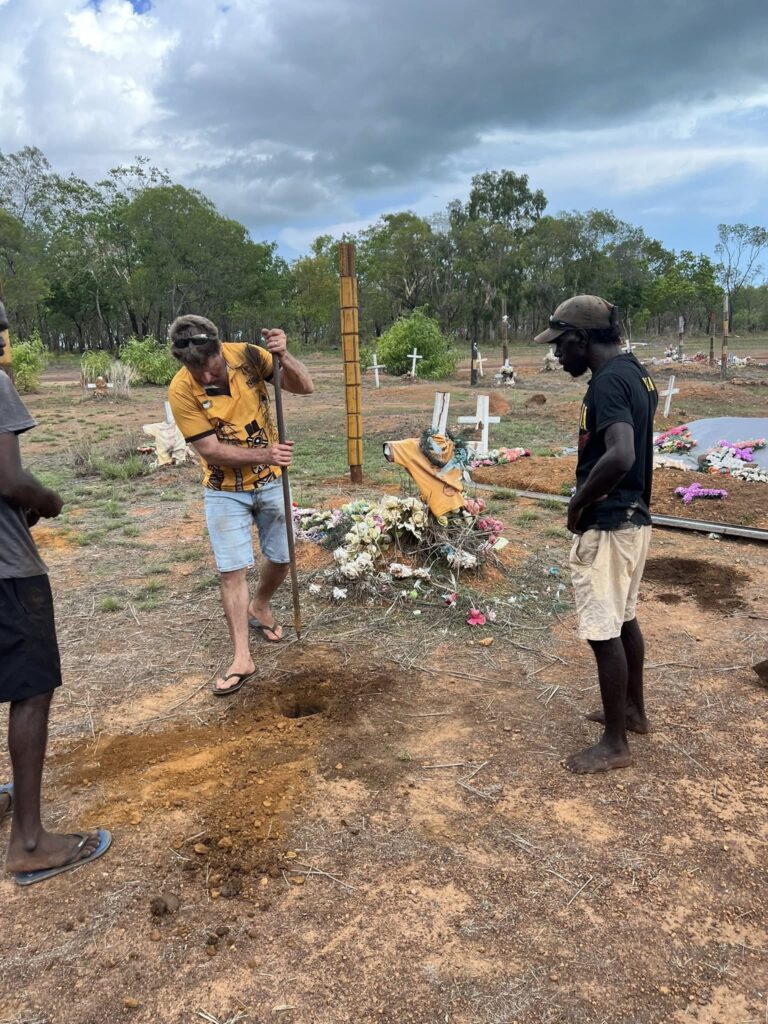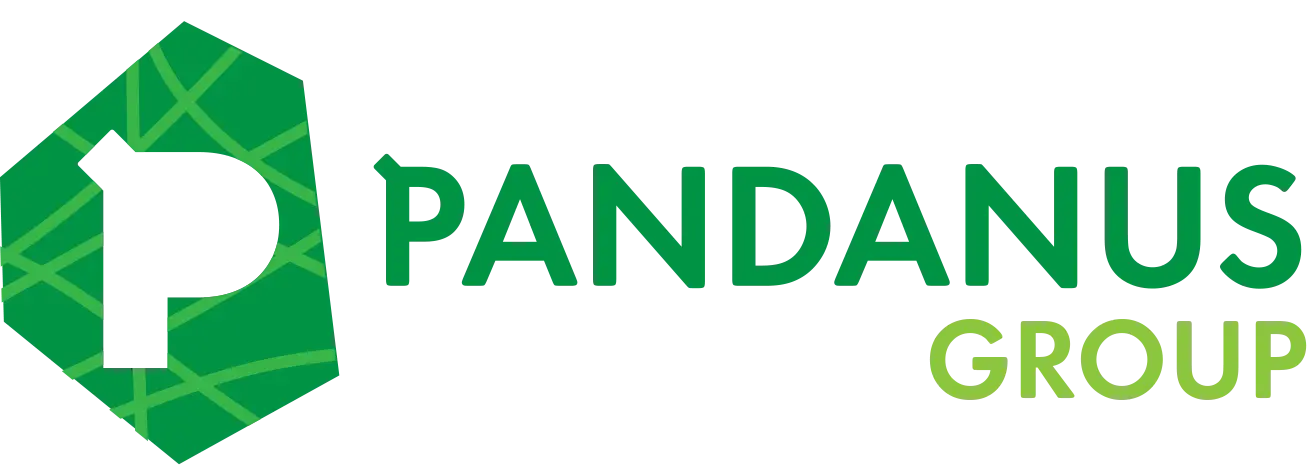Across Australia, Indigenous procurement frameworks were created with one clear purpose: to uplift Aboriginal businesses, enable economic participation, and protect culture through fair opportunity and governance. These systems matter — but like all systems, they are only as strong as the integrity and cultural understanding behind them.
In recent days, we’ve seen public statements from within the Indigenous business sector that reflect just how fragile these frameworks can be when things go wrong. Membership suspensions, integrity concerns, and external investigations remind us that certification alone cannot guarantee legitimacy, cultural alignment, or ethical practice.
And more importantly: it highlights how dangerous it can be when certification bodies operate as the final arbiters of Indigenous identity and business culture — especially when the cultural community is sidelined in the process.
This is why the national conversation must return to a simple truth:
When certification gets it wrong, the whole sector pays the price.
And when descent is treated as insufficient, the damage can be personal, cultural, and systemic.
1. Certification has value — but it is not culture
Most Indigenous Australians understand that identity is not determined by administrative approval. It is determined by:
- family lineage
- community acceptance
- cultural connection
- lived experience
- responsibility to lore, language and Country
Certification bodies were designed to validate Indigenous ownership and control — not to define who is Aboriginal.
But over time, an uncomfortable shift has occurred. Certification has become, in the eyes of some, the “official” marker of Aboriginality, even though this was never its intended purpose. This shift has created structural risks:
- Indigenous people with genuine lineage and cultural involvement being sidelined
- bureaucratic interpretations overriding community recognition
- inconsistent decision-making undermining cultural authority
- cultural identity being conflated with compliance paperwork
- organisations gaining certifications while lacking meaningful cultural connection
When systems drift into cultural territory they were never designed to govern, they inevitably get things wrong.
2. When descent is not enough
We are seeing an emerging narrative where “Aboriginal by descent” — one of the foundational pillars of identity in this country — is increasingly treated as insufficient.
This dismissal of descent often occurs when certification frameworks prioritise policy interpretation over cultural reality. Yet descent has always mattered. It is how families trace kinship, how communities recognise belonging, and how cultural responsibility is inherited.
The national standard for Indigenous identity has always required three components:
- Aboriginal descent
- Self-identification
- Community acceptance
But when certification bodies misapply or misunderstand any of these elements, people with real cultural lineage — people who are recognised by their families and Elders — can become collateral damage.
The result is a painful irony:
Someone can be Aboriginal enough for their community, but not Aboriginal enough for a bureaucratic process.
And that is when systems fail the very people they claim to protect.
3. When certification gets it wrong, the whole sector suffers
A single misstep by a certifying organisation doesn’t only harm individuals — it harms:
- cultural trust
- community cohesion
- sector integrity
- procurement confidence
- the reputation of legitimate Indigenous businesses
- the broader movement for economic empowerment
When external investigations, suspensions, or governance failures arise — as recent public statements have shown — the question becomes:
How many other assessments, approvals or rejections were made under the same flawed assumptions?
If even one certification decision is made incorrectly, the credibility of the entire system is weakened. And when cultural authority and community perspectives are not central to the process, errors are almost guaranteed.
4. Community acceptance is the ultimate safeguard
Indigenous communities have always held the final authority on identity. Not boards. Not administrators. Not compliance officers.
Community acceptance is the anchor that keeps Indigenous identity grounded in:
- lived cultural experience
- kinship systems
- ceremony
- oral history
- relationship to Country
When certification frameworks drift from this foundation, they risk producing outcomes that are administratively neat but culturally dangerous.
Businesses that operate with genuine cultural legitimacy understand this intuitively. They know that relationships on Country, visibility in community, and recognition by family networks matter far more than external stamps or paperwork.
5. A sector in need of reform — not blame
This is not about attacking any organisation. It is about acknowledging a structural truth:
If Indigenous certification frameworks want to protect culture, they must first understand and respect it.
That means:
- stronger governance
- transparent decision-making
- independent oversight
- consistency in process
- cultural experts guiding assessments
- community-led validation, not organisational convenience
- clear separation between identity and business compliance
- accountability when mistakes are made
Integrity matters — absolutely. But integrity is not demonstrated through press releases or suspensions alone. It is demonstrated through humility, self-reflection, and adherence to cultural authority.
6. Moving forward: Culture first, certification second
The Indigenous business sector is strong, growing, and filled with extraordinary talent. But it sits at a crossroads.
We must ensure we are not building a system where:
- paperwork outweighs heritage
- interpretation outweighs community
- gatekeeping replaces cultural truth
- administrative control overshadows lived identity
The future of Indigenous economic participation depends on frameworks that honour culture — not replace it.
Conclusion
Recent events remind us that certification systems, no matter how well intentioned, are not immune to error. And when they get it wrong, the consequences ripple far beyond the immediate case — they impact trust across the entire Indigenous business landscape.
It is time to place cultural legitimacy back at the centre.
Identity must remain in the hands of families, clan groups and communities — where it has always belonged. Certification should support that truth, not define it.
Because when descent is dismissed, and when certification replaces culture, the system risks harming the very people it was built to uplift.
And that is something our sector cannot afford.
